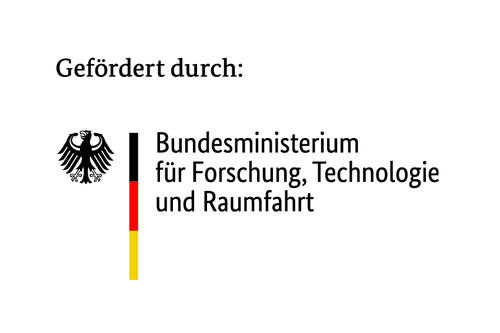B3.3: Statistische Modellierung räumlich-zeitlicher Wetterextreme (SCaHA)
Das Projekt befasst sich mit der Entwicklung und Verbesserung von statistischen Methoden zur Analyse von extremen Wetterereignissen. Dabei legt das Projekt einen besonderen Fokus auf sogenanntes „Serielles Clustering“, „Homogenitätsanalysen“ sowie die verbesserte Inferenz über Blockmaxima.
Unter seriellem Clustering versteht man das akkumulierte Auftreten mehrerer Extremereignisse innerhalb kurzer Zeitspannen. Hierbei werden Methoden aus der ersten Förderphase erweitert, zum Beispiel durch die Berücksichtigung von Saisonalitäten und zeitlichen Trends oder durch die Verwendung multivariater Beobachtungen. Unter Homogenitätsanalyse versteht man die Anwendung statistischer Methoden, um zu prüfen, ob Beobachtungen von mehreren Stationen oder aus unterschiedlichen Zeiträumen als statistisch homogen angesehen werden können. Homogene Beobachtungen können dann in weiteren Analysen gepoolt werden, um die statistische Genauigkeit durch Vergrößerung der Datenbasis zu erhöhen; ein Ansatz, der häufig in Attributionsstudien verwendet wird. Motiviert durch vielversprechende Ergebnisse in der ersten Förderphase, wird auch an der methodischen Weiterentwicklung und Anwendung der „Sliding-Block-Maxima-Methode“ für die statistische Analyse von Extremereignissen gearbeitet.
Website: SCAHA
Institutionen: Fakultät Statistik, Technische Universität Dortmund1; Fakultät für Mathematik, Ruhr-Universität Bochum²
Kontakt: Prof. Dr. Roland Fried1, Prof. Dr. Axel Bücher2


